Diversity Strengthens Us
Diversity, equity, inclusion, and social justice (DEIJ) enhance the research, scholarship, and creative pursuits of our graduate community.
We are committed to propelling student and postdoctoral scholar success through community building including supporting student groups that provide a space for underrepresented students; DEIJ education and development offerings; and mentoring development. We engage faculty mentoring efforts aimed at cultivating the mentor-mentee relationships between CSU faculty and graduate students to improve recruitment and retention of underrepresented students and postdoctoral scholars.
CSU’s Principles of Community guide our efforts and we uphold these principles through all Graduate School efforts.
Mentoring Excellence as a Guiding Principle
The guiding principle in our DEIJ initiatives is strengthening the graduate community through robust mentoring. Mentoring is a crucial and defining factor in a graduate student’s success. Mentoring matters — it enriches the lives of mentors and mentees on many levels!
Student Focus
Student focused activities include support for marginalized student populations as well as educating graduate students around DEIJ issues central to improving the graduate community as a whole. We strive to build knowledge of DEIJ issues and incorporate that understanding into a student’s current and future mentee-mentor relationships.
Faculty Focus
The Graduate Center for Inclusive Mentoring (GCIM) provides leadership for faculty directed mentoring efforts such as the Center for the Improvement of Mentored Experiences in Research (CIMER) and Mentor Well Certification. Mentoring initiatives are prioritized through the lens of DEIJ. Learn more about GCIM below.
Student Groups
At the core of student DEIJ initiatives, we support and provide leadership to student groups dedicated to marginalized graduate student communities. Building DEIJ competencies through educational opportunities offered through university, graduate student, or Graduate School initiatives is key to the success of the entire graduate community.
Graduate students and post-doctoral scholars are encouraged to connect with communities directly or consult with the Graduate School associate dean about strategies for connecting with groups that will help you build a strong community.
University Initiatives
- Office of Inclusive Excellence — access trainings, the Educate Yourself guides, the Diversity Newsletter, and more.
- Cultural and Resource Centers.
- Diversity, Inclusion, and Belonging Module.
Graduate School Initiatives
- Graduate Professional Development Series sessions in fall and spring semesters (GPD sessions are published on our events calendar).
- Competencies Road Map — build DEIJ Competence.
- Admission, Enrollment, and Student Success Reports to help identify equity gaps at various stages of the graduate student lifecycle
Graduate Student Initiatives
- Graduate Students of Color: Contact via email at [email protected]
Signature Events
Graduate students, faculty, and postdocs are welcome to these events!
Subscribe to the Graduate School’s event calendar to easily find upcoming events and set automated reminders. In addition to these signature events, you will find a variety of professional development opportunities, CSU Writes offerings, and social events among our 250+ curated offerings for the graduate community.
Mentor Mondays
Each semester, we host an in-person series where participants discuss effective mentoring relationships and their critical role in the graduate community. Lunch is provided, registration is required, and each session is from Noon to 1:00 p.m.
Check back in the Fall of 2024 for dates and topics.
"The Mentor Mondays are really nice because I'll meet students who are not in my area, and I'll be able to listen to what kinds of issues they're dealing with and then think about how that applies back to what I do."
Nancy Levinger Tweet
Graduate Center for Inclusive Mentoring
GCIM’s objective is to equip mentors with the expertise and resources needed to help mentees meet their goals and expectations. Faculty training is developed from Center for the Improvement of Mentored Experiences in Research (CIMER) training curriculum.
Faculty receive formalized training and mentor development to mentor through a lens of equity and inclusion to best support the success of graduate student and postdoc mentees.
GCIM offers:
- Mentor and mentee trainings for CSU faculty, graduate students, and postdocs.
- Graduate student centered socialization activities developed to encourage professional networks.
- Recruitment and retention activities and programs with an emphasis on graduate students from underserved populations.
- Consultative services to departments and colleges regarding graduate recruitment, retention, and professional development.
- Grants for department level training are provided as funding is available.
Graduate Peer Mentoring Program (GPMP)
The Graduate Peer Mentoring Program (GPMP) aims to foster communities of support for new and returning CSU graduate students by engaging their strengths, identities, and experiences. The program is available to all degree seeking on-campus graduate students currently enrolled in credit bearing courses. Students are required to apply and are partnered based on their application preferences such as field of study, degree compatibility, and social identities.
Apply to be a graduate peer mentor or mentee by April 14, 2024.
GCIM Mentor Well Faculty Certificate
Published evidence shows that mentoring impacts the outcomes of trainees across disciplines and career stages and that mentor education improves mentoring relationships. The Mentor Well training series is offered by GCIM and based on the Entering Mentoring curriculum developed by CIMER. It is intended for faculty mentors of graduate students, but will have useful information for mentors of all types. (In conjunction with working towards this certificate, the SMART Goals and Progression for Mentoring guide provides faculty with information, resources, and identifies levels of progression in the journey to reach the next level in their mentoring progression.) Participants who complete the full series of sessions listed below will receive a GCIM Mentor Well Certificate.
- Aligning Expectations
- Maintaining Effective Communication
- Assessing Understanding
- Promoting Independence
- Fostering Mental Health and Well-being
- Addressing Equity and Inclusion
- Fostering Professional Development
- Mentoring Capstone: Building out your Mentoring Philosophy
All seven sessions must be completed before registering for the Mentoring Capstone session.
"Because it's Mentor Well, it's about well-being of the student, not just academically, but also on the personal level."
Svetlana Olbina Tweet
CIMER Trained Faculty
GCIM Faculty
Workshops
Mentoring Resources and Helpful Links
Admission, Enrollment, and Student Success Reports
The Graduate School in collaboration with Institutional Research (IR) launched an initiative in Spring 2021 to identify and report equity gaps at various stages of the graduate student lifecycle. The initiative aims to give the Graduate School, academic programs, and mentors data to better target interventions to improve equity and inclusion, close gaps, and support overall graduate student success.
A campus level report, college level reports, and department level reports are available to download as PDFs on the Graduate School’s Admission, Enrollment, and Student Success Reports webpage.
Graduate Student Experience Survey
The Graduate School is committed to the success of all students. To this end, the Graduate School surveys graduate students every two to three years to assess student satisfaction related to campus climate, professional development, and mentoring support. The results of our latest survey are here.
Graduate Well-Being Canvas Course
This self-paced well-being course was developed by experts to help you navigate challenges by introducing strategies to improve mental health and well-being. Students can tailor the course to their wellness needs by selecting from a variety of modules. Learn more on Canvas.
Student Task Force
The Graduate School commissioned task forces in 2016, one led by students and one by faculty, to develop white papers on mentoring. Links to the pdf documents are provided below:
Additional Resources
Downloadable resources and helpful links for the community are below.
Awards Spotlight
Advancing Education Scholarship – honoring the legacy and memory of Martin Luther King, Jr
- Annual application deadlines are announced in the Spring Semester
- Scholarship Announcement and criteria
- Contact: [email protected]
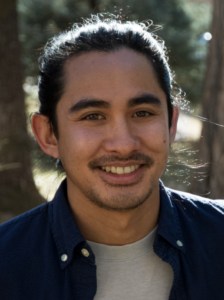
Jack E. Cermak Advising Award
This award recognizes excellence in academic advising. Jack E. Cermak was a Professor in Civil Engineering who endowed this award because of his strong belief in the value of academic advising.
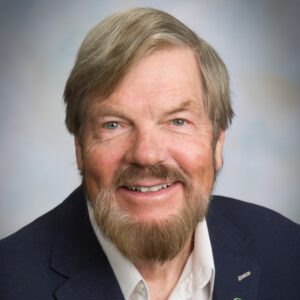

Graduate Ram Impact
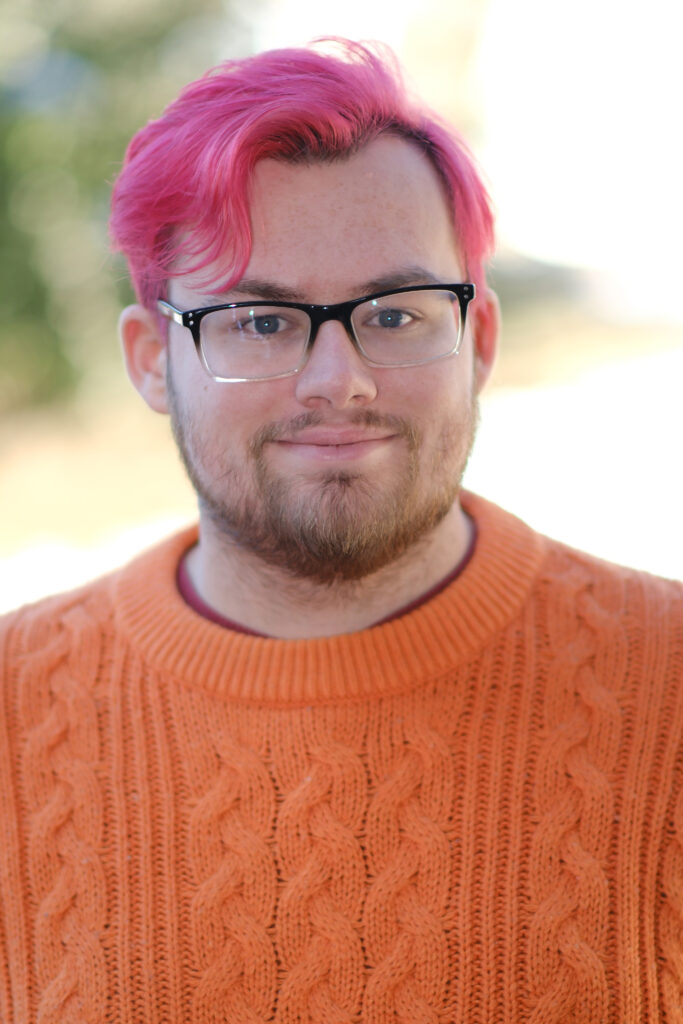

Justin Hudson
July 21, 2024 | By Theresa Barosh Forecasting Milky Seas Department of Atmospheric Science doctoral student and researcher Justin Hudson found a milky sea without relying on happenstance. He successfully predicted (or postdicted, more accurately) an occurrence of a milky
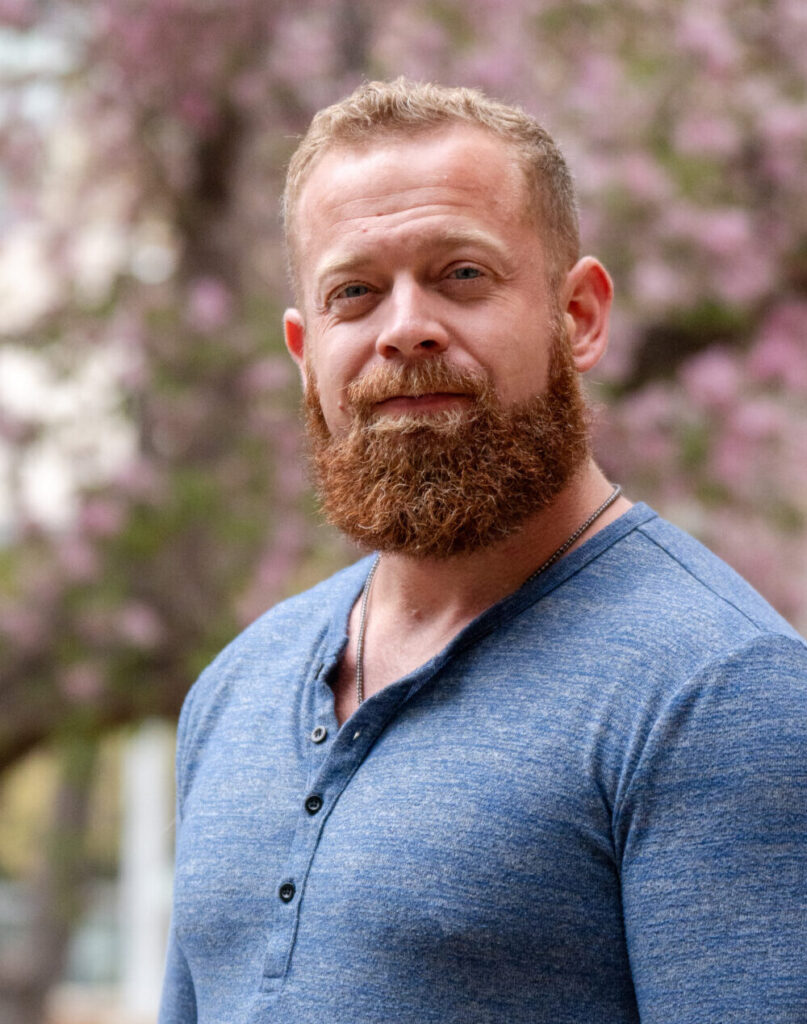

Nick Moon
As appearing in source.colostate.edu | April 26, 2024 | By Ben Leonard From Marine, to welder, to counselor: Outstanding Counseling and Career Development graduate uses degree to launch next stage of life After an interesting career ranging from Marine to baker,
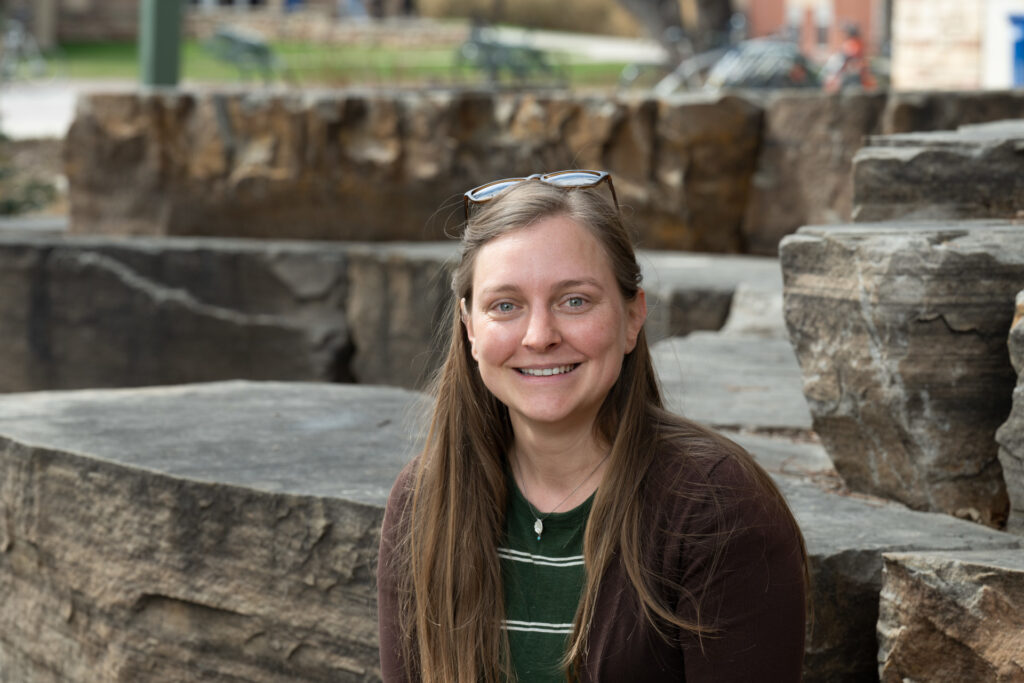

Celeste Wieting
As appearing in source.colostate.edu | May 6, 2024 | By Cheyenne Dolin Outstanding Grad: Celeste Wieting Celeste Wieting, a doctoral student in geomorphology, has had to navigate graduate school like the rivers she studies, by mastering the art of changing course.
Principles of Community
The Principles of Community support the Colorado State University mission and vision of access, research, teaching, service, and engagement. A collaborative and vibrant community is a foundation for learning, critical inquiry, and discovery. Therefore, each member of the CSU community has a responsibility to uphold these principles when engaging with one another and acting on behalf of the University.
We create and nurture inclusive environments and welcome, value and affirm all members of our community, including their various identities, skills, ideas, talents and contributions.
We are accountable for our actions and will act ethically and honestly in all our interactions.
We honor the inherent dignity of all people within an environment where we are committed to freedom of expression, critical discourse, and the advancement of knowledge.
We are responsible, individually and collectively, to give of our time, talents, and resources to promote the well-being of each other and the development of our local, regional, and global communities.
We have the right to be treated and the responsibility to treat others with fairness and equity, the duty to challenge prejudice, and to uphold the laws, policies and procedures that promote justice in all respects.